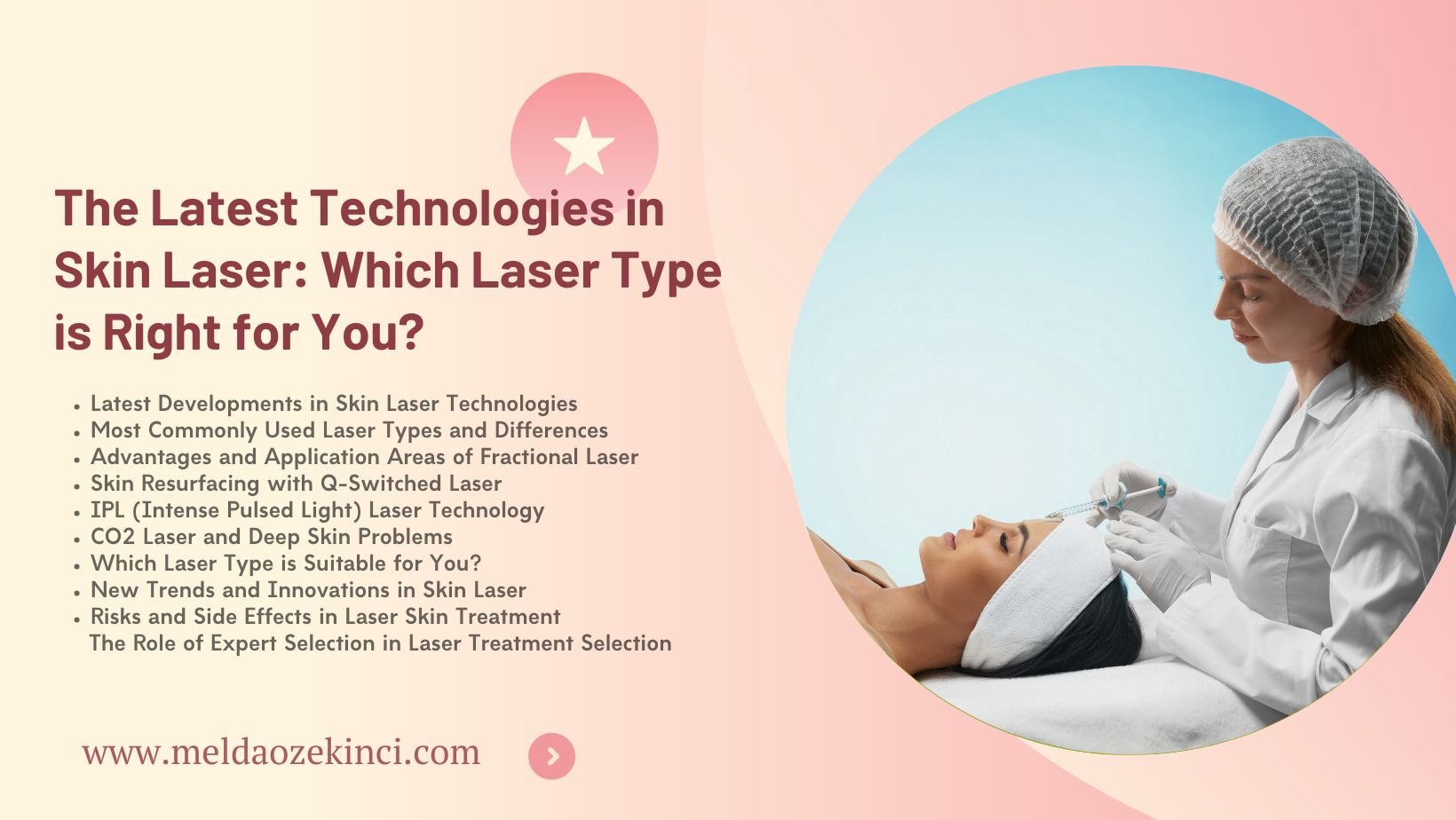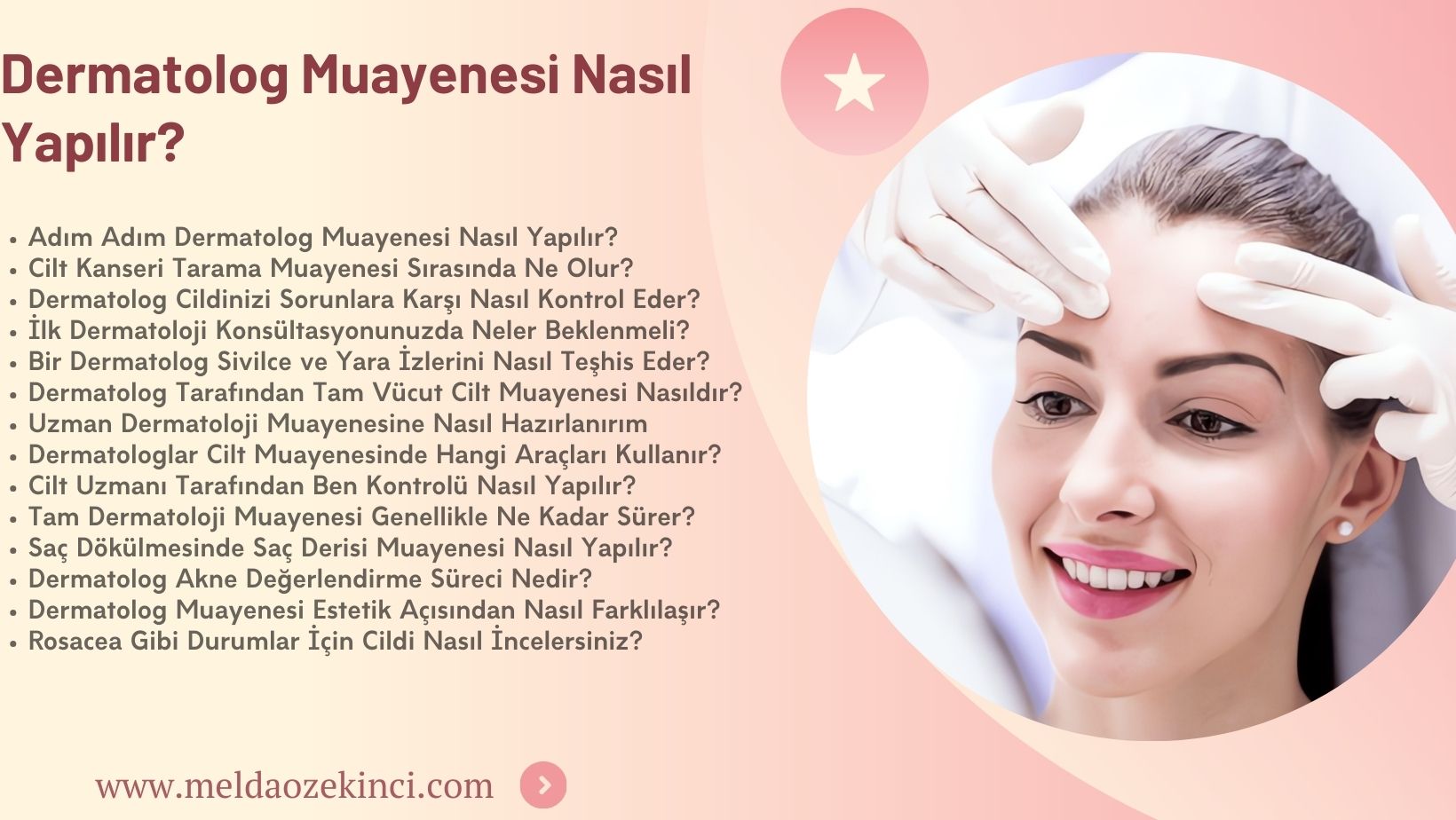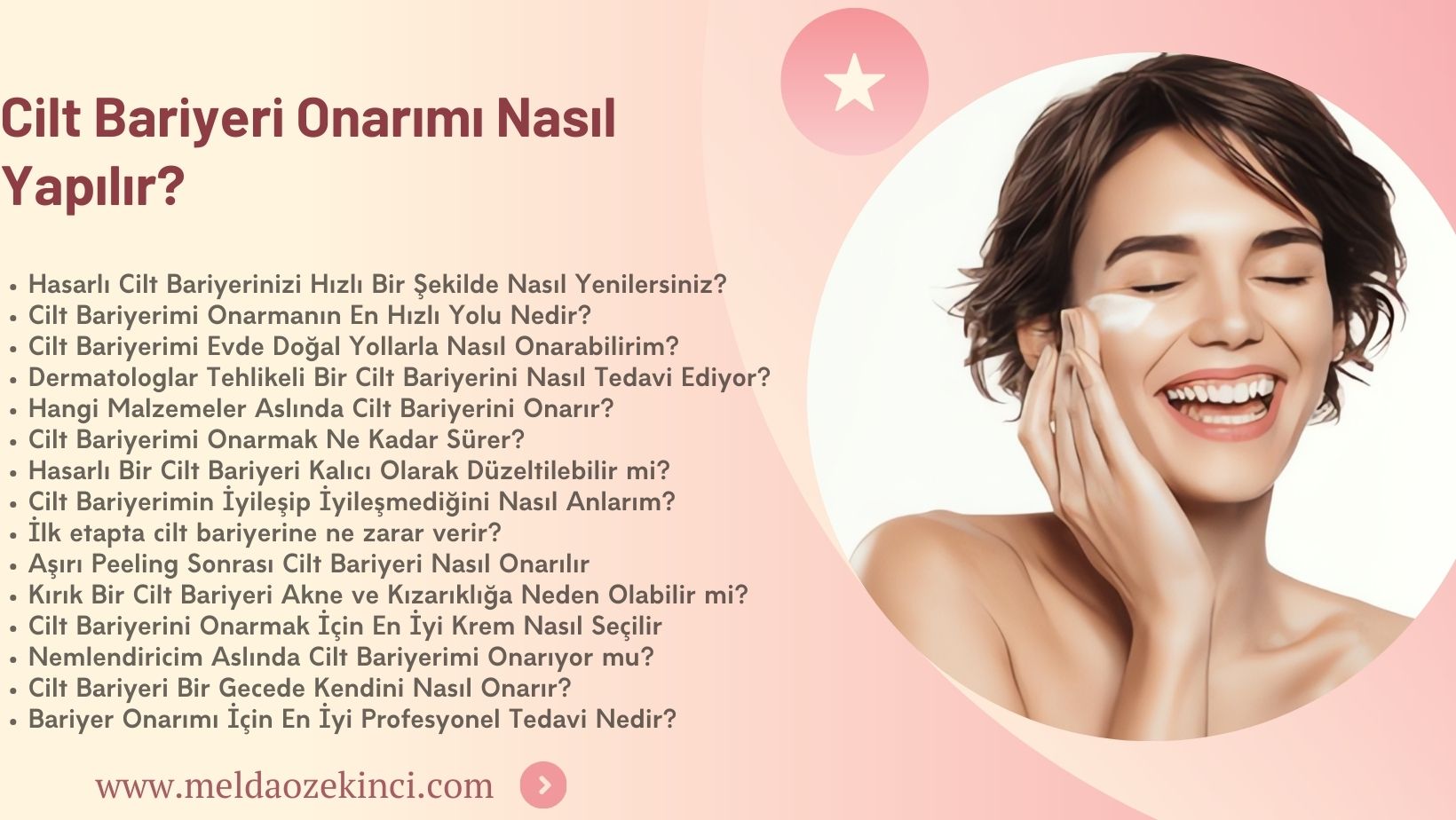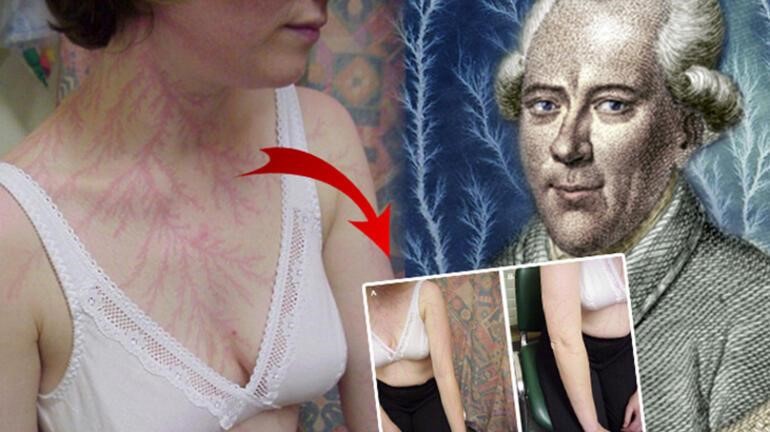Contents
-
Latest Developments in Skin Laser Technologies
-
The Most Commonly Used Laser Types and Their Differences
-
Advantages and Application Areas of Fractional Laser
-
Skin Rejuvenation with Q-Switched Laser
-
IPL (Intense Pulsed Light) Laser Technology
-
CO2 Laser and Solution to Deep Skin Problems
-
Which Laser Type is Right for You?
-
New Trends and Innovations in Skin Laser
-
Risks and Side Effects in Laser Skin Treatment
-
The Role of Expert Selection in Laser Treatment Selection
Latest Developments in Skin Laser Technologies
Skin laser technology is developing rapidly every year, and new treatment methods make laser devices more effective and safe. By 2025, the latest laser technologies offer faster recovery times and fewer side effects. In particular, devices used in skin rejuvenation, acne scars and wrinkle treatments operate at lower temperatures, minimizing damage to the skin. High-precision lasers target the treatment area, providing more effective results without damaging surrounding tissues. These new technologies also allow more natural and permanent results to be achieved on the skin. With technological developments, laser treatment now appeals to a wider range of users and more people prefer this treatment method.

The Most Commonly Used Laser Types and Their Differences
There are several different types of lasers used in skin laser treatment, and each targets specific skin problems. The most commonly used laser types include fractional laser, Q-switched laser, IPL (Intense Pulsed Light) laser and CO2 laser. Fractional laser is used in the treatment of fine wrinkles, acne scars and large pores on the skin. While Q-switched laser is generally used for pigmented spots and tattoo removal, IPL laser is preferred to equalize skin tone and improve overall skin health. CO2 laser is preferred in the treatment of deep skin problems and scars because this type of laser can affect the lower layers of the skin. Since each type of laser serves different goals, the most appropriate type of laser should be chosen according to individual skin problems and treatment purpose.
Advantages and Application Areas of Fractional Laser
Fractional laser offers a revolutionary innovation in skin treatment in recent years. This type of laser targets the lower layers of the skin, increasing collagen production and helping the skin renew itself. Fractional laser is effective in treating fine wrinkles, sagging, acne scars, age spots and large pores. Laser rays, which cause microscopic damage to the skin during application, accelerate the healing process and encourage the formation of new, healthy cells. One of the biggest advantages of fractional laser is its minimal recovery time and lack of damage to surrounding tissues. This treatment is suitable for people with skin problems at both young and old ages and usually provides visible results after a few sessions.
Skin Rejuvenation with Q-Switched Laser
Q-switched laser is an ideal type of laser, especially for pigmented skin problems, tattoo removal and treatment of skin blemishes. This type of laser reaches the deep layers of the skin, targeting pigments and breaking them down. Q-switched laser sends powerful light pulses, breaking down the pigments in the skin and allowing them to be thrown into the body. While this technology is considered one of the most effective methods in tattoo removal, it is also used in the treatment of skin problems such as sun spots, congenital spots and age spots. Advantages of Q-switched laser include minimal post-procedure scarring and fast recovery time. This type of laser can be applied safely, especially on dark skin.
IPL (Intense Pulsed Light) Laser Technology
IPL uses a different light technology than laser technology and is widely used to balance skin tone. IPL laser targets skin pigmentation problems, vascular lesions and red spots by using a wide light spectrum. This technology is also an effective option to treat wrinkles, sagging and fine lines on the skin. IPL is also used to treat dilated blood vessels and rashes. It leaves minimal damage to the skin surface and offers a faster recovery time. The biggest advantage of IPL laser is that it can target a wider range of skin problems with a single session. A warming sensation may occur on the skin during application, but it is generally painless and the healing process is fast.
CO2 Laser and Solution to Deep Skin Problems
CO2 laser is one of the most effective treatment methods for deep skin problems. This laser acts on the lower layers of the skin, repairing damage under the skin and treating deeper wrinkles, scars and sagging in the skin. CO2 laser is generally preferred in the treatment of deep acne scars, surgical scars and scars left after skin cancer. By evaporating the upper layer of the skin, it provides a serious renewal of the skin during the process. There may be slight redness and swelling on the skin after this treatment, but the results are generally quite satisfactory. The biggest advantage of the CO2 laser is that it can provide long-term solutions to deep skin problems with a single treatment. However, recovery time may be longer than other types of laser, so it is important to manage the treatment process carefully.
Which Laser Type is Right for You?
Which laser type is suitable for you in skin laser treatment depends on your skin type, age, skin problem to be treated and personal preference. Generally, fractional laser is the ideal option for fine wrinkles and acne scars, while Q-switched laser may be more effective for tattoo removal. While IPL laser is used for skin tone unevenness and blemishes, CO2 laser is recommended for deep skin problems and scars. The evaluation made by a specialist in laser treatment plays an important role in determining the correct treatment method. Expert dermatologists ensure you get the best results by offering treatment options suitable for your skin type. The most appropriate laser type should be chosen according to the severity of your skin problems and the importance you attach to treatment.
New Trends and Innovations in Skin Laser
There have been significant innovations in skin laser treatment in recent years, and as of 2025, treatment processes have become faster, more effective and more comfortable. New laser devices offer less pain and shorter recovery time, and also help achieve more natural results on the skin. While advanced lasers treat skin pigmentation and wrinkles, they also increase collagen production, making the skin look younger. Thanks to technological developments, even deeper skin problems can now be treated in a single session. New generation devices that offer personalized treatment options offer more unique and effective results. These innovations make laser treatment more accessible and safe.
Risks and Side Effects in Laser Skin Treatment
Although laser skin treatment is an extremely effective and safe procedure, there are some side effects and risks. These side effects may include redness, swelling, mild pain, pigment changes, and rarely, infections. These risks can be minimized with treatments performed by the right specialist, but it is still important to consider all possibilities before treatment. Laser treatment also carries the risk of scarring the skin or causing permanent pigment changes, so an evaluation with a specialist dermatologist is very important. To minimize risks, it is necessary to choose the right laser type, pay attention to the healing process and follow expert recommendations.
The Role of Expert Selection in Laser Treatment Selection
Selection of specialist in skin laser treatment is a factor that directly affects the success of the treatment process. An experienced dermatologist will accurately evaluate your skin type and treatment needs and choose the type of laser that best suits you. The specialist ensures that you achieve the best results on your skin by using the correct techniques during the treatment process. Expert follow-up is very important for the post-treatment recovery process to proceed smoothly. Expert dermatologists guide you at every stage of laser treatment, minimizing the risks and allowing you to have a successful treatment process.
 English
English 










